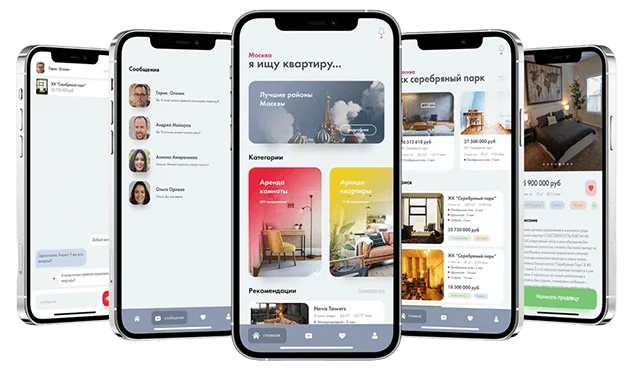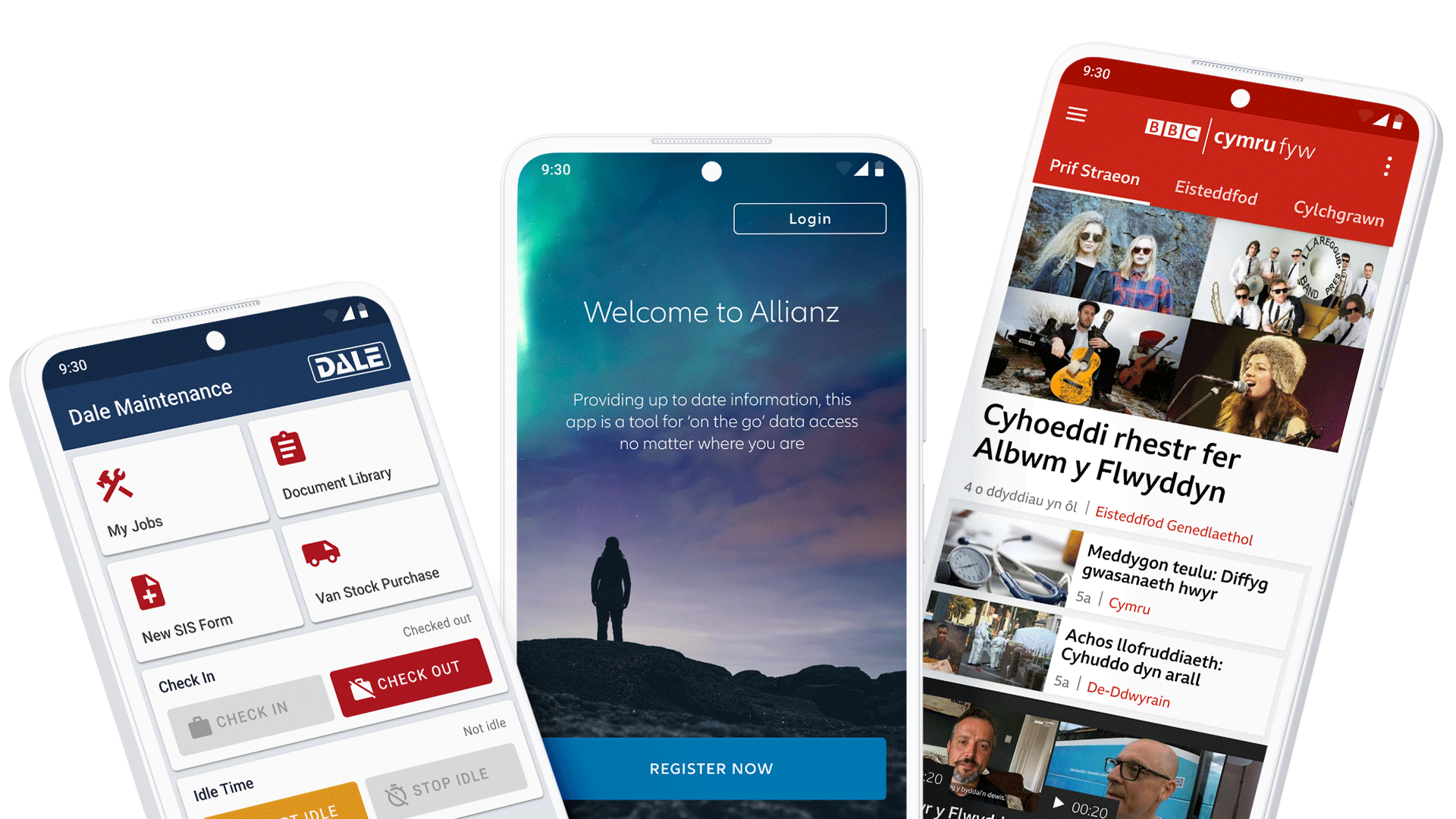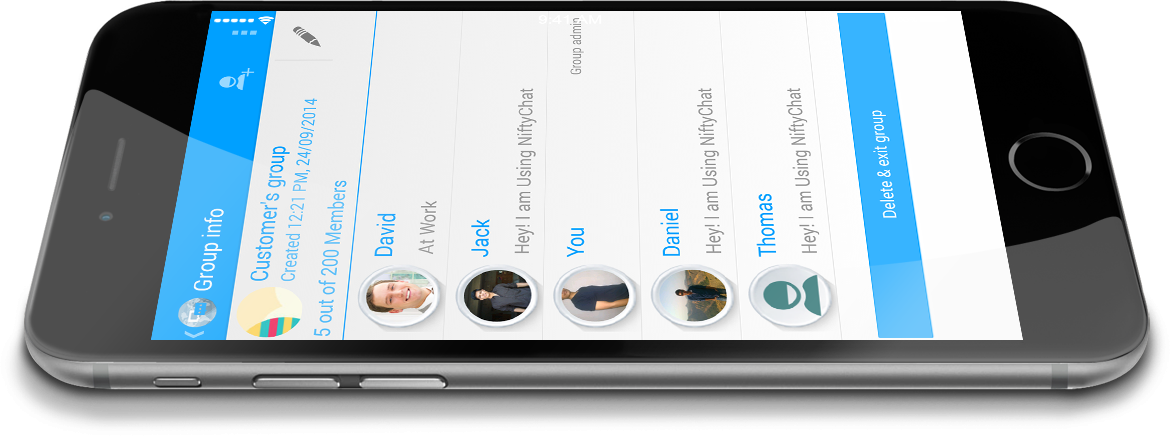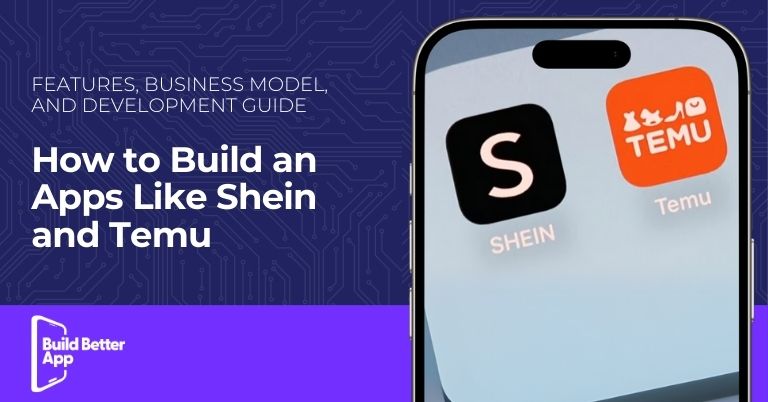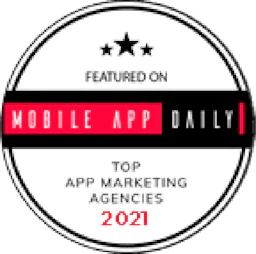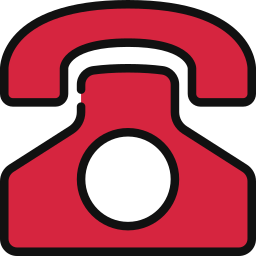Mobile App Idea to Investors
Securing investment for your mobile app requires more than just a groundbreaking idea; it demands a compelling presentation that convinces investors of your app’s potential for success. Here’s a comprehensive guide to effectively pitching your Mobile App Idea to Investors.
1. Understand Your Audience
Before crafting your pitch, research potential investors to understand their interests and previous investments. Tailor your presentation to align with their investment strategies and demonstrate how your app fits within their portfolio.
2. Develop a Comprehensive Business Plan
A well-structured business plan serves as the foundation of your pitch. It should include:
- Executive Summary: A concise overview of your app, its purpose, and the problem it solves.
- Market Research: Detailed analysis of your target market, including size, demographics, and trends.
- Revenue Model: Clear explanation of how your app will generate income, whether through subscriptions, in-app purchases, advertising, or other means.
- Marketing Strategy: Plans for user acquisition and retention, highlighting channels and tactics.
- Financial Projections: Realistic forecasts of revenue, expenses, and profitability over the next 3-5 years.
3. Craft a Compelling Pitch Deck
Your pitch deck is a visual representation of your business plan. Key elements to include are:
- Problem Statement: Clearly define the problem your app addresses.
- Solution: Demonstrate how your app provides a unique and effective solution.
- Market Opportunity: Present data supporting the demand for your app.
- Product Overview: Showcase your app’s features and benefits, possibly with a demo or prototype.
- Competitive Analysis: Identify competitors and articulate your app’s unique value proposition.
- Business Model: Detail your revenue streams and pricing strategy.
- Go-to-Market Strategy: Explain how you plan to launch and scale your app.
- Team Introduction: Highlight the expertise and experience of your team members.
- Financial Plan: Summarize your financial projections and funding requirements.
For a more detailed breakdown of pitch deck components, consider resources like SlideGenius, which outlines key elements to include in a mobile app pitch deck. citeturn0search4
4. Highlight Your Unique Value Proposition
Clearly articulate what sets your app apart from existing solutions. Emphasize unique features, superior user experience, or innovative technology that provides a competitive edge.
5. Demonstrate Market Validation
Provide evidence that there is a demand for your app. This can include:
- User Testimonials: Feedback from beta testers or early adopters.
- Partnerships: Any collaborations that enhance credibility.
- Traction Metrics: Data on user engagement, downloads, or revenue if available.
6. Prepare for Questions and Objections
Anticipate potential concerns investors may have and prepare clear, concise responses. Common areas of inquiry include:
- Scalability: How will you handle growth?
- Monetization: Are your revenue projections realistic?
- Market Competition: How will you maintain a competitive advantage?
7. Practice Your Delivery
Rehearse your pitch multiple times to ensure a confident and polished delivery. Consider conducting mock presentations with mentors or colleagues to receive constructive feedback.
8. Follow Up Professionally
After your presentation, send a thank-you note reiterating your enthusiasm and openness to further discussions. Provide any additional information requested promptly.
Conclusion
Pitching your mobile app idea to investors is a multifaceted process that requires thorough preparation, a compelling narrative, and a clear demonstration of your app’s potential for success. By following these steps, you can enhance your chances of securing the investment needed to bring your app to market.
FAQs
- What is the ideal length for a pitch deck?
Aim for 10-15 slides, focusing on the most critical aspects of your business plan. - How can I make my pitch stand out?
Emphasize your app’s unique value proposition, demonstrate market validation, and showcase a passionate, capable team. - What common mistakes should I avoid in my pitch?
Avoid overly technical jargon, unrealistic financial projections, and neglecting to address potential risks and challenges. - How important is a prototype or demo in the pitch?
A working prototype or demo can significantly enhance your pitch by providing tangible evidence of your app’s functionality and potential. - What should I include in the financial projections?
Include projected revenue, expenses, and profitability over the next 3-5 years, along with assumptions and key metrics driving these projections.
BuildBetterApp is a leading Mobile App Development Company in Westchester and Mobile App Development Company in South Barrington, specializing in creating innovative, user-friendly, and high-performance mobile applications for businesses of all sizes. Our expert developers leverage the latest technologies to design custom iOS and Android apps that enhance user experience and drive business growth. Whether you’re a startup looking for a scalable solution or an established company seeking a digital transformation, BuildBetterApp provides cutting-edge app development services tailored to your unique needs. Partner with us to turn your app ideas into reality with seamless functionality and modern design.

